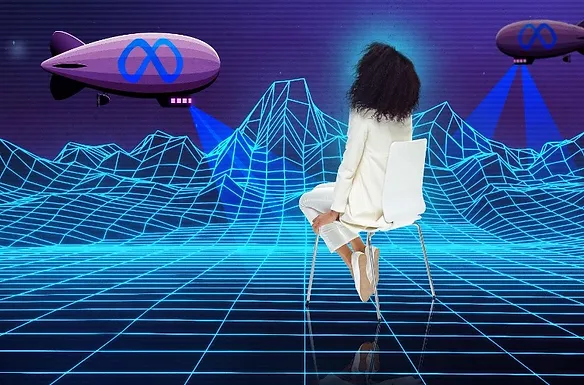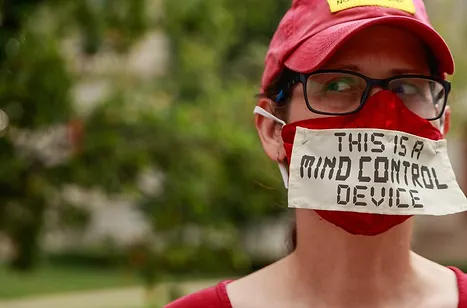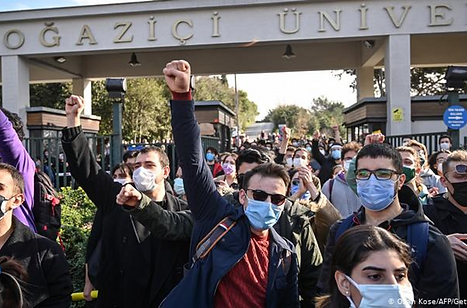
New World Order: The Metaverse

The Metaverse has been a hot topic of conversation recently, with Facebook and Microsoft both scrambling to take part. However, do we know what the Metaverse is? Are we ready for this massive change in our lives? There is no specific answer to these questions, but there are so many different hypotheses about how this process will be like for sure.
Science fiction novelist Neal Stephenson first came up with the word "metaverse" in his novel "Snow Crash," published in 1992. It had a similar meaning inside the book as it does today: an internet successor in the form of a 3D VR-based world populated by online personas of real people. I will warrant that he had not thought that the word metaverse would evolve and take the world by storm while creating it.
On October 28th, Mark Zuckerburg revealed the company would change its name to Meta; as a reference to the Metaverse. He was very enthusiastic about the idea of communicating and interacting with friends via this augmented reality created by his company. However, if the real you are sitting in your chair wearing goggles, who is the 'embodied' form of person in this virtual world? As Mark Zuckerburg, the CEO of Facebook, said 'When you're in a meeting in the metaverse, it'll feel like you're right in the room together, making eye contact, having a shared sense of space and not just looking at a grid of faces on a screen.'. According to this, it seems to me that the avatar will be an embodiment of your real self, but in some aspects, it seems like we might have big holes in the security system of the Metaverse. As can be seen, even today, mass media is dealing with security issues and damaging people's both mental and physical health. Will the creators of Metaverse take precautions, at least the small steps necessary to provide people with a secure and safe social media space? This generation will be witnessing the revolution of a new augmented reality that has not even been tried under these circumstances before. People can not wait to see how it's developing day by day.
Is the Metaverse indeed as magical as it sounds? Of course, there are specific positive effects. For instance, even if you are not in the same country, even continent, you will be able to see and talk with your family and friends through the Metaverse. However, we can do these with today's technology, right? So how will the Metaverse create a difference? The answer is quite simple actually; you can imagine the Metaverse as an actual world, another planet that can be visited.
What's more, you can create your avatar and design it according to your taste. You can shop for your avatar, create your living area and decorate it, play basketball with someone who lives over the Caribbean, have a coffee with your friends abroad, and the list goes on and on. Unlike all this exciting news, as I mentioned above, the holes in the security system may lead to some significant problems such as Cyberbullying. Cyberbullying is a term that means bullying with the use of digital technologies. It is so crucial because laws against cyberbullying are relatively new and still do not exist everywhere. In countries that have specific rulings on cyberbullying, online behavior that deliberately causes serious emotional distress is seen as criminal activity, and victims of cyberbullying can ask for protection, prohibit communication from a specified person and restrict the use of electronic devices used by that person for cyberbullying. Yet, because of the nature of the technology, the companies will need to work much harder while integrating anti-bullying systems into the Metaverse. It is up to us to hold them accountable to create a safer meta for the users when firms are not living up to their responsibilities.
Currently, the world is facing a pandemic named Covid-19. Studies have shown that people have become more interwoven with the Internet and its returns. That is why establishments like Facebook and Microsoft overlap and want to look forward while creating a grounded platform. Metaverse offers much benefit, that is undeniable; the main question is: how far can human imagination go?






